Executive of the Month: Q&A with
Daniel Feinberg, president of Terravet Real Estate

Q: You’ve had a pretty diverse career in healthcare, real estate, and finance. What drew you to focus on veterinary real estate, and how has your background given you a unique perspective that others in the industry might not have?
A: My career began with Glen Kunofsky at Marcus & Millichap (now of The NNN Pro Group) structuring large-scale sale-leaseback transactions primarily in the private equity M&A world. I gained invaluable experience with Kunofsky understanding how institutional real estate firms underwrote commercial real estate and structured institutional quality leases. My subsequent experiences working for Private Equity and Hedge Fund-backed healthcare and real estate businesses helped me gain the perspective of our corporate healthcare operators and their motivations and drivers. Veterinary real estate was an intriguing opportunity when I teamed up with Terravet’s founder and CEO, Daniel Eisenstadt, in 2017 because the real estate and the tenants checked all the boxes of what a net-lease investor would look for in a strong asset. However, the veterinary sector was not yet on the institutional net lease world’s radar even as the asset class was becoming more professionalized.
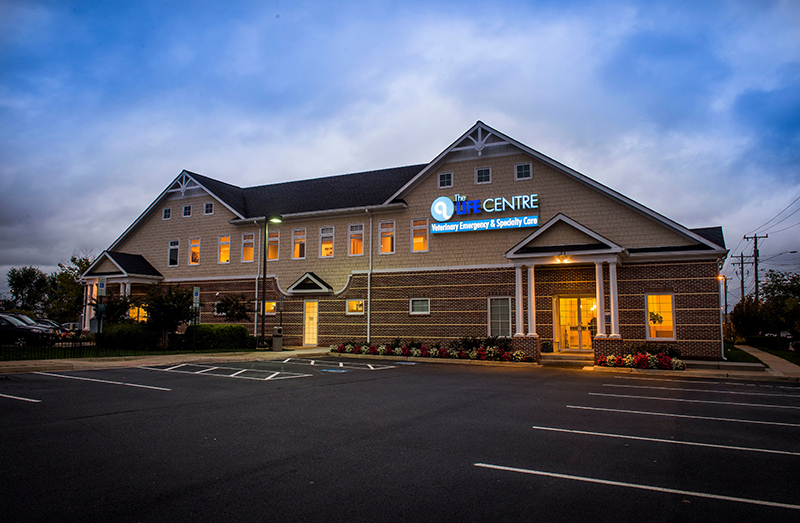
Q: As president of Terravet, what moves have you made to position the company as a leader in veterinary real estate and allow it to stand out compared to its competitors?
A: We are a partner to veterinary operators with a focus on long-term relationships. We can be more flexible than a traditional buyer by partnering with key stakeholder veterinarians at practices in JV structures. We can acquire and renovate specific buildings with the intention of moving veterinary tenants in upon completion, while also pursuing more traditional acquisitions or sale-leaseback transactions during a practice sale. At Terravet, we see ourselves as providers of comprehensive real estate solutions and strategies for our clients, not just as real estate investors or developers.
Q: There’s been growing interest from institutional investors in veterinary real estate. From your perspective, what’s driving this trend, and how are you ensuring that Terravet stays ahead of the curve?
A: Institutional investors are starting to see the industry invest in its physical facilities. Ten years ago, if you had asked me what a typical veterinary hospital looked like, I would have envisioned a converted house that a veterinarian operated out of while also using it as his/her residence. Today, many more veterinary buildings are purpose-built and could easily be converted into human healthcare facilities. Several factors have contributed to this trend. Veterinarians and other veterinary staff want to work in modern healthcare facilities and veterinary operators who want to recruit and retain great teams are increasingly focused on providing a healthcare facility that meets their staff and doctors’ needs. Additionally, pet owners are spending more on their pets as a percentage of their household income and view their pets as members of the family. The quality of care that their pets receive is becoming more important to pet owners, and thus the quality of the facility where care is delivered has become more important.
Terravet is immersed in the veterinary sector. Terravet’s REIT is majority-owned by veterinarians, and its board includes several highly regarded veterinary sector experts. We are continually learning from our investors, tenants, and industry relationships to make sure we are servicing our tenants to the best of our ability.
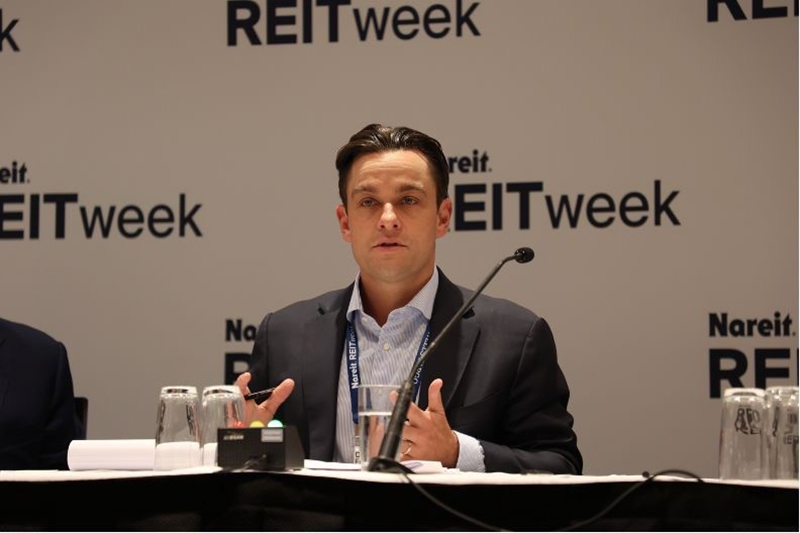
Q: With the veterinary sector evolving, where do you see the biggest opportunities for growth in the next five years, and how is Terravet positioning itself to capitalize on these trends?
A: Given the trend toward more purpose-built facilities, there is a material opportunity to partner with veterinary operators by buying and renovating existing commercial properties for the purpose of veterinary use. We have positioned ourselves to assist veterinary groups in this endeavor by establishing strong relationships with architects and contractors who have decades of experience designing and building human and veterinary medical buildings. We have completed several interesting “buy and renovate” projects in the past two years, which have included converting breweries and former furniture stores into 20,000 s/f veterinary specialty hospitals. There is also an interesting general trend toward “med-tail” strip centers which are a great fit for some of our tenants focused on general practice and urgent care facilities.
Q: What core values and principles guide your decision-making and leadership approach at Terravet?
A: Terravet’s mission is to improve health by channeling knowledge and resources to the facilities where care is delivered and to those who deliver the care. It has been a pleasure to work with healthcare providers in the veterinary world who are truly passionate about the care they deliver to patients and clients. It is rewarding to use my financial and real estate experience to help drive positive outcomes for these providers.
Q: Looking back at your career, is there a particular decision or risk you took that had a significant impact on your professional trajectory? What did you learn from that experience?
A: I think the biggest decision/risk I took in my career was joining my partner Daniel Eisenstadt to institutionalize Terravet. At the time, I was expecting a second child, moving into my first house from a condo in the city, and so there were lots of changes going on that could have easily swayed me to maintain the professional status quo and pursue a more conventional position. However, after meeting with Eisenstadt, I decided to trust my gut because I believed in the vision, and it afforded me the opportunity to be more entrepreneurial while also fulfilling my aspiration to be on the principal buying side of net leased real estate.
Q: As Terravet continues to grow, what legacy do you hope to leave behind, both within the company and in the broader veterinary real estate industry?
A: At the end of the day, I just want to be known as someone who treats people fairly, is honest, and does what they say they are going to do. I think if you talked to many of our partners in the veterinary world, they keep coming back to Terravet because we play the “long-game” and do not treat engagements as one-off transactions. If our tenants are successful in the facilities that we own, then we can take some pride in knowing we were there for our tenants to share in that success in some small way.
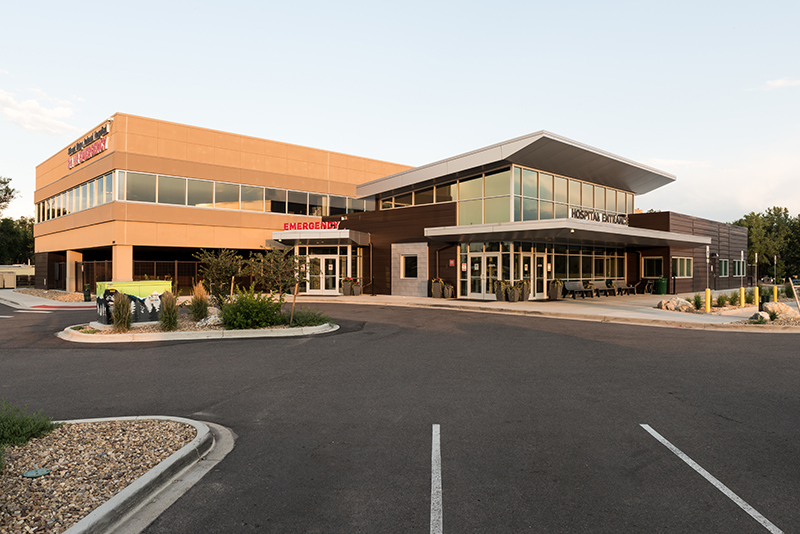
Q: Corporate social responsibility is becoming more important across industries. How do you see Terravet’s role in supporting the communities where its properties are located, especially in a sector so closely tied to animal care?
A: Terravet is committed to corporate social responsibility and is currently vetting a couple of opportunities to participate in the construction of facilities to care for animals where access to care is challenging. Our goal in the next year is to announce one or two partnerships where we can lend our resources and our knowledge of veterinary hospital construction and development to improve healthcare outcomes for certain underserved populations. Stay tuned for more on that front!
Daniel Feinberg is president of Terravet Real Estate, Bala Cynwyd, PA.
Related Cos. and Sterling Equities open housing lottery for Willets Point Commons

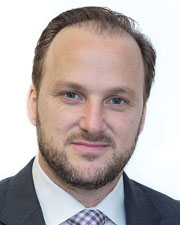
Strategies for turning around COVID-distressed properties - by Carmelo Milio



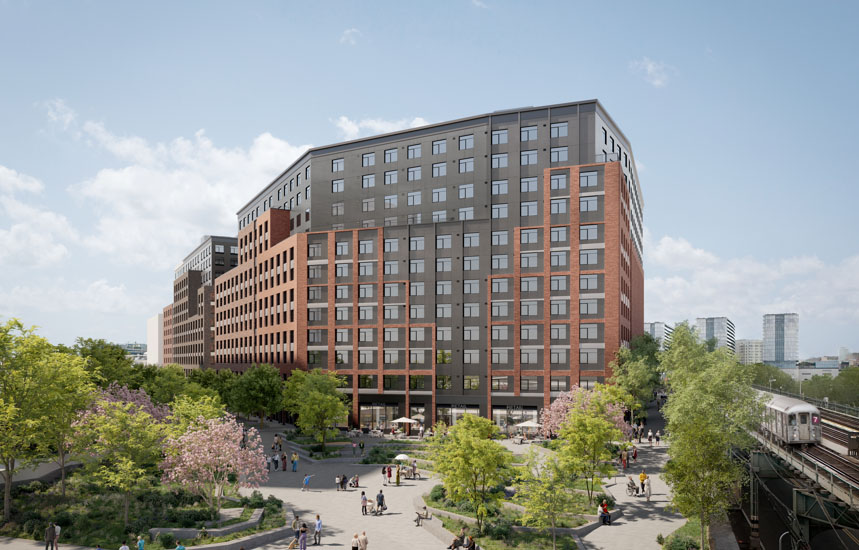

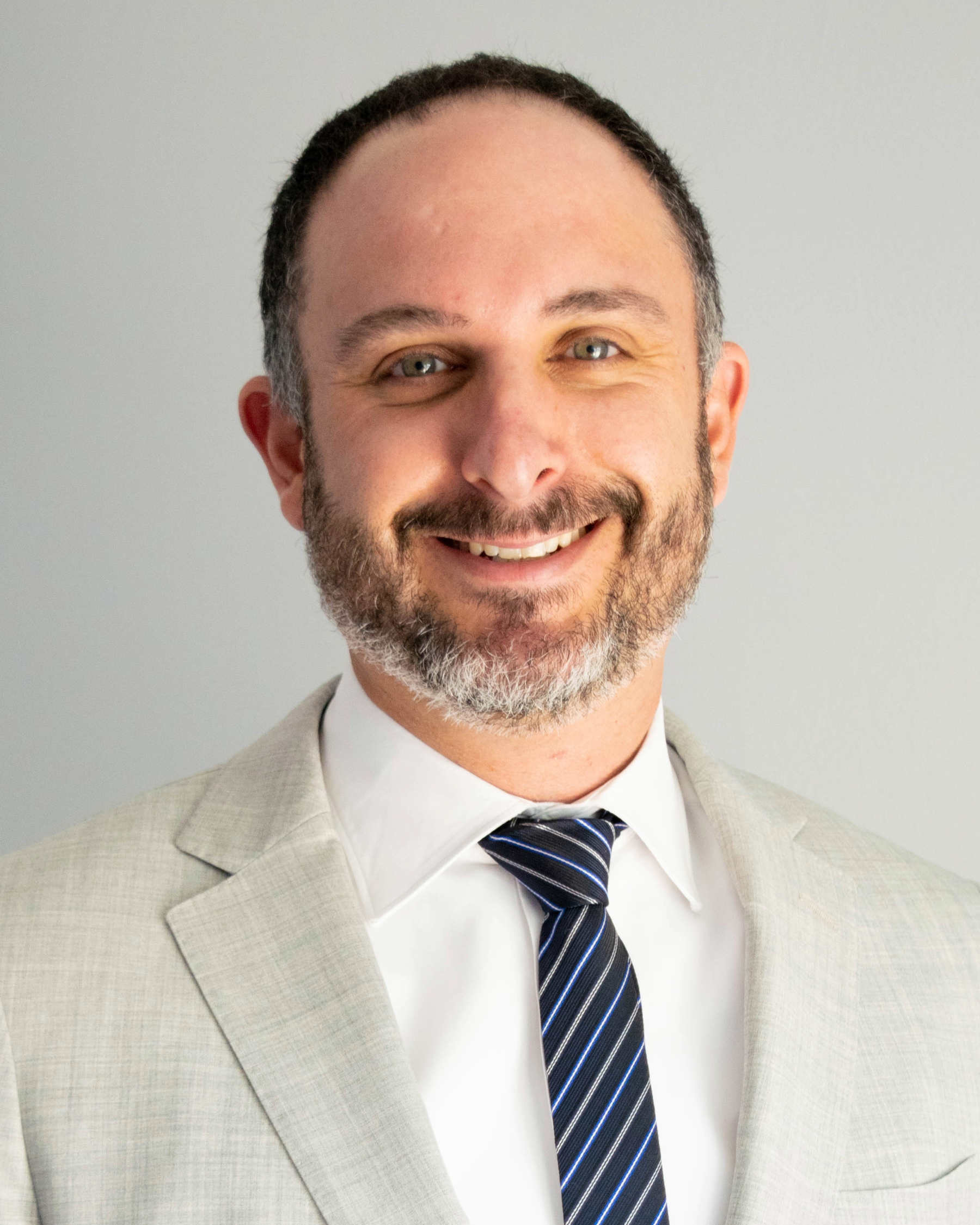
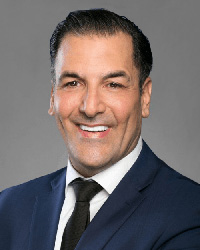
.gif)


.jpg)
.gif)